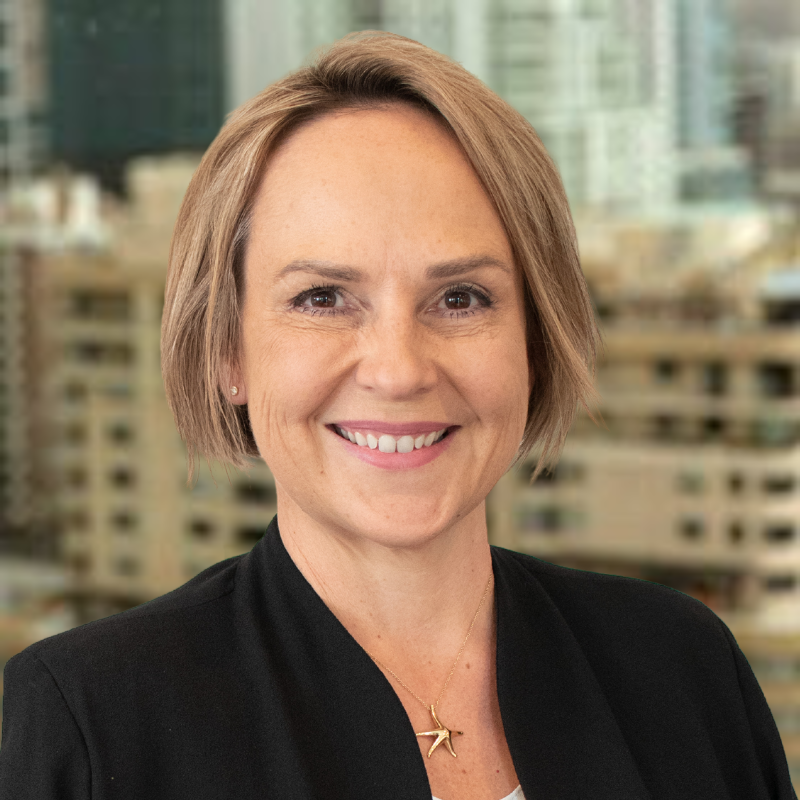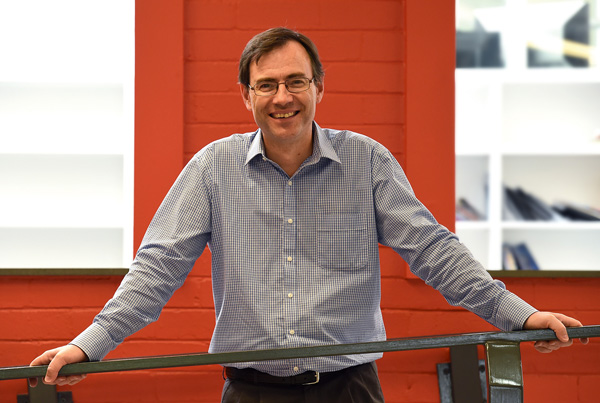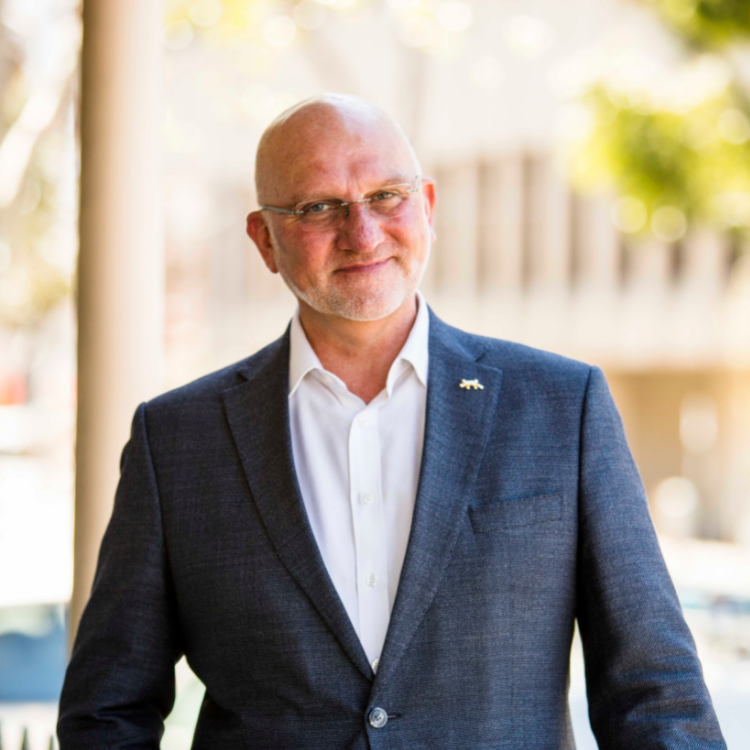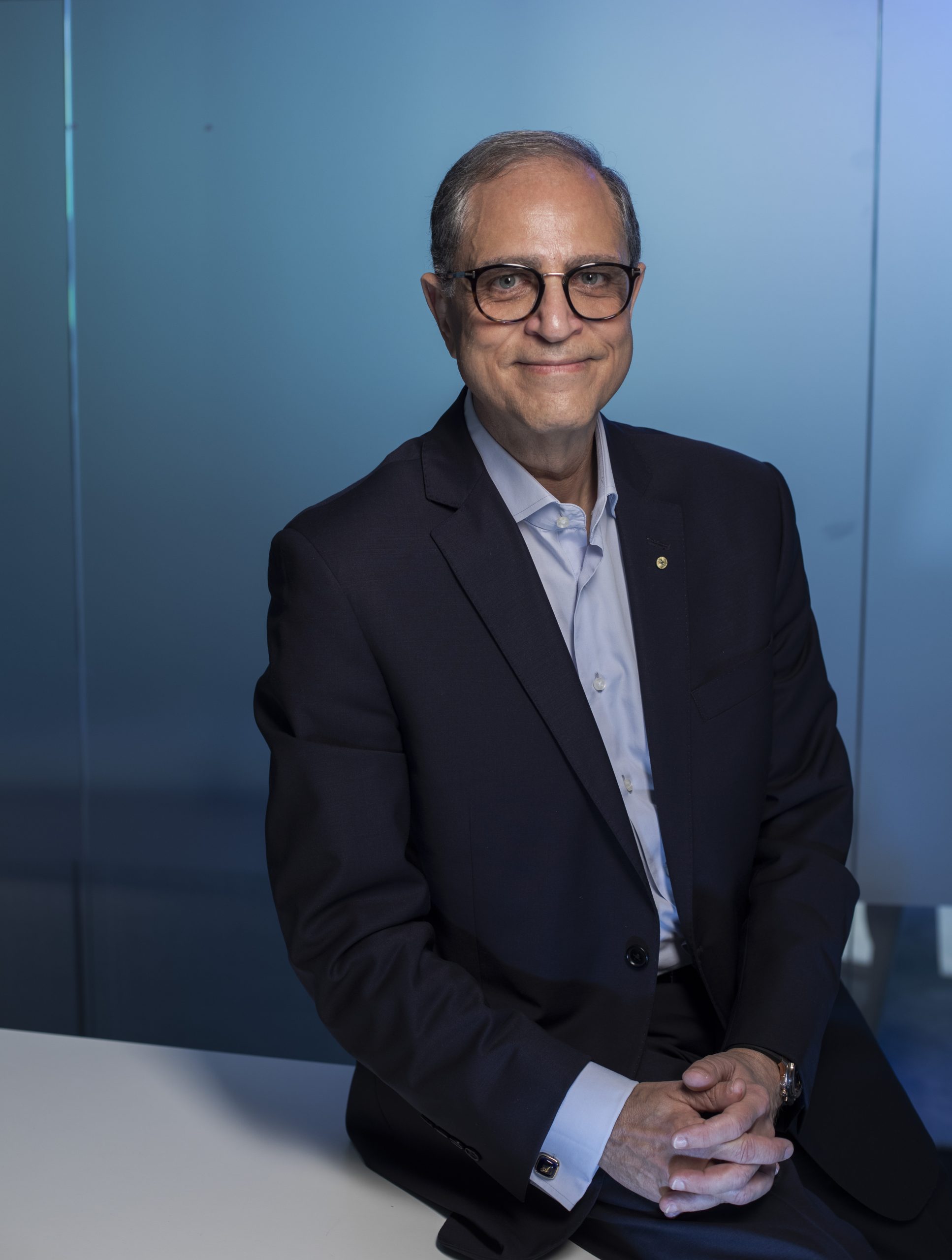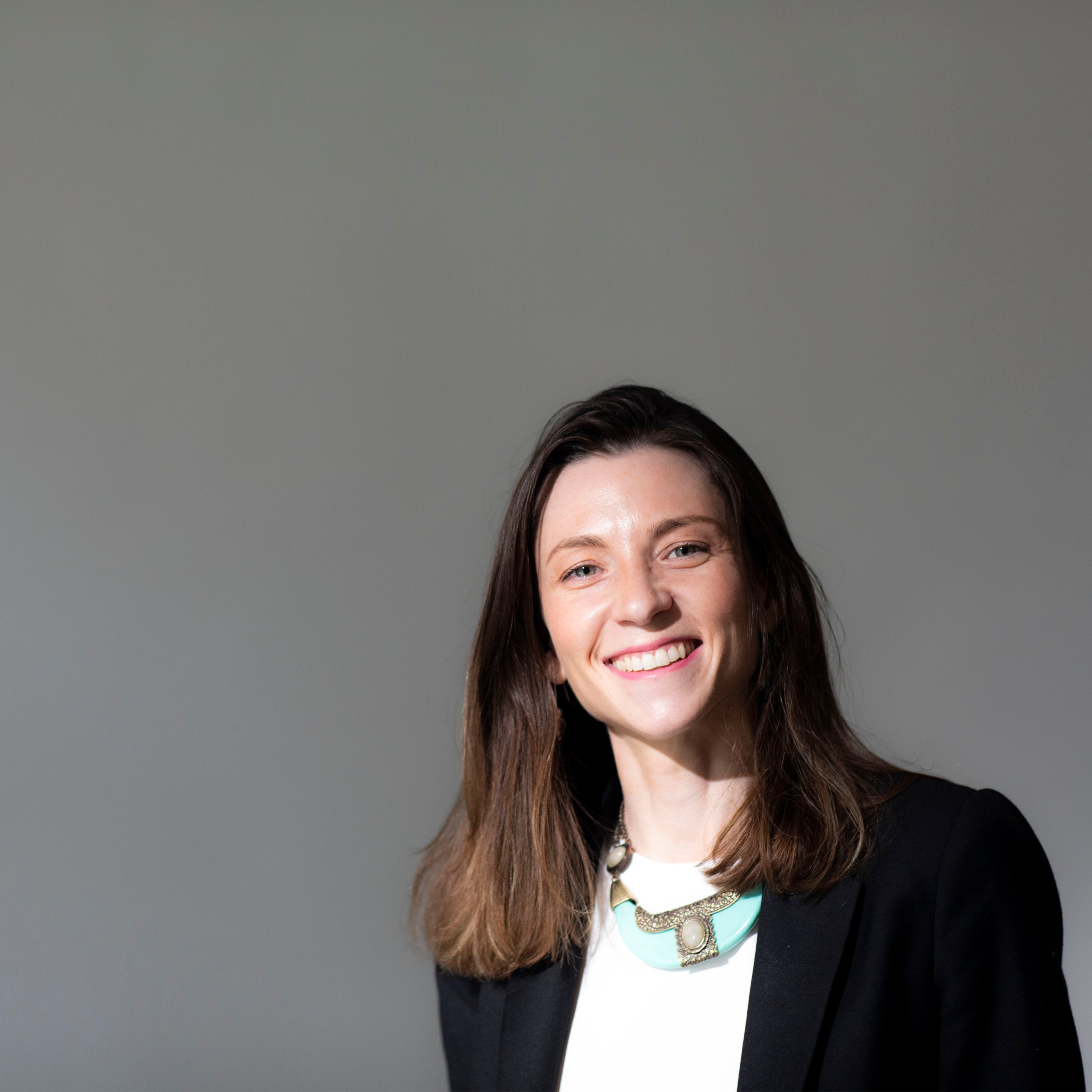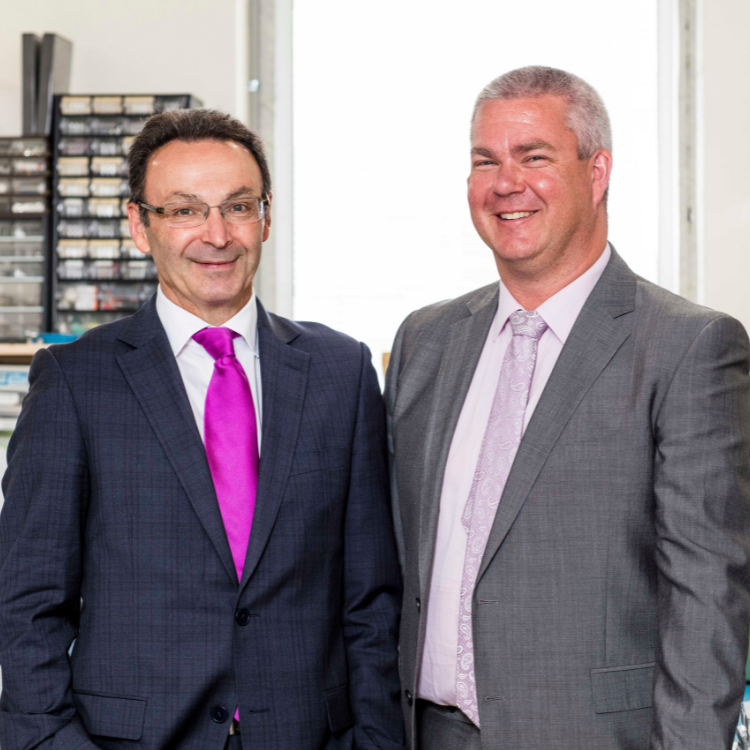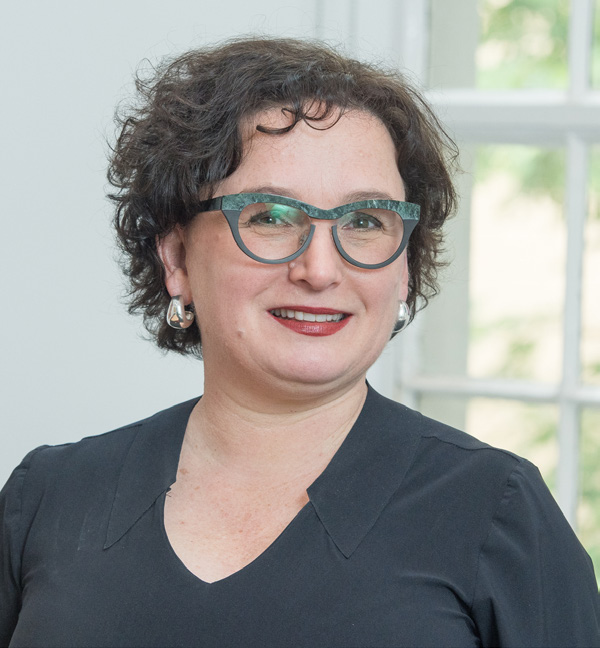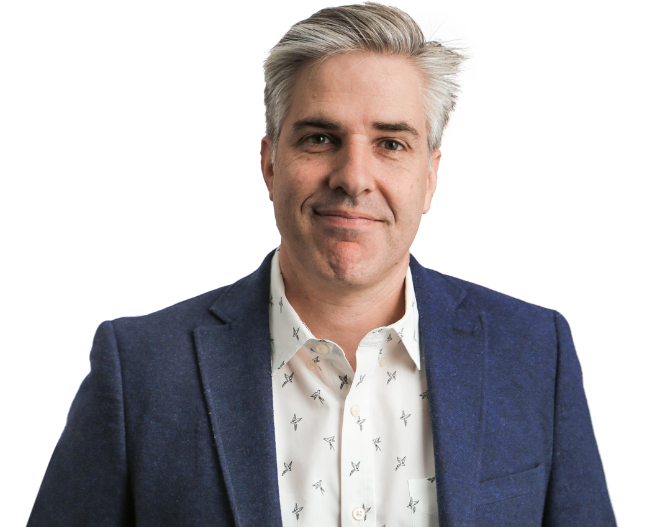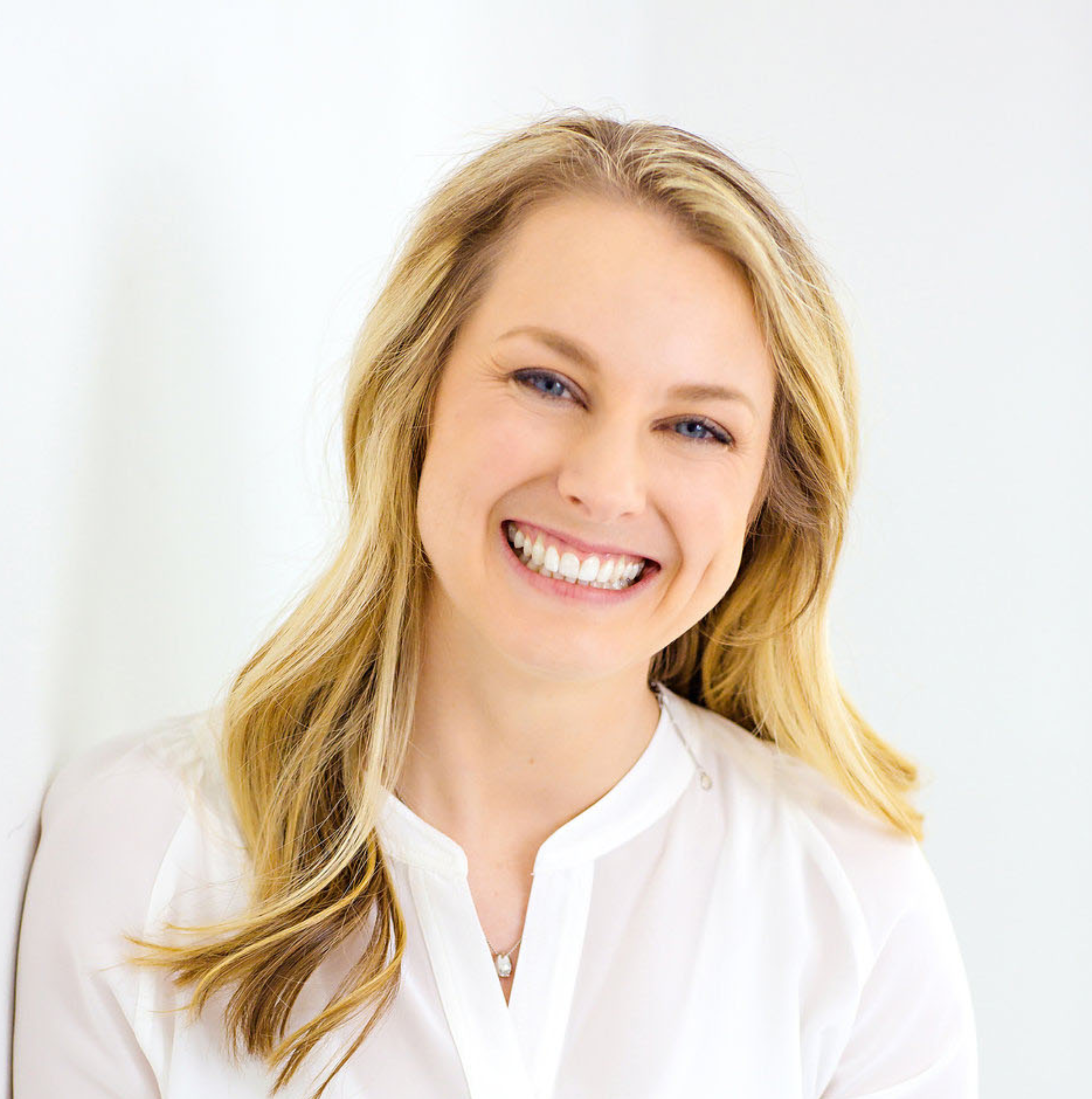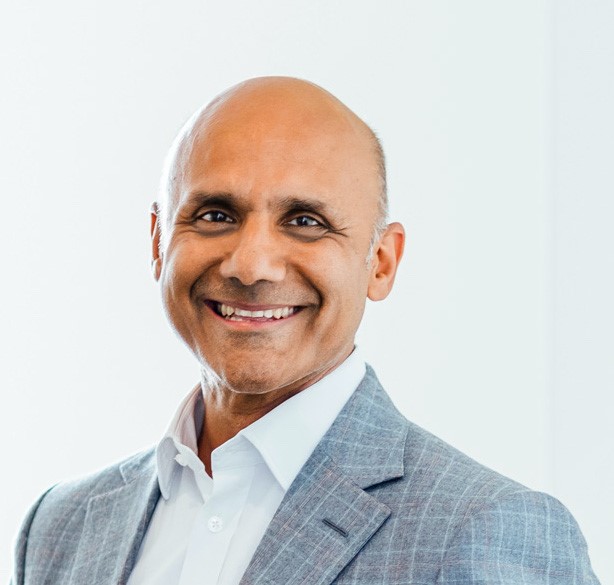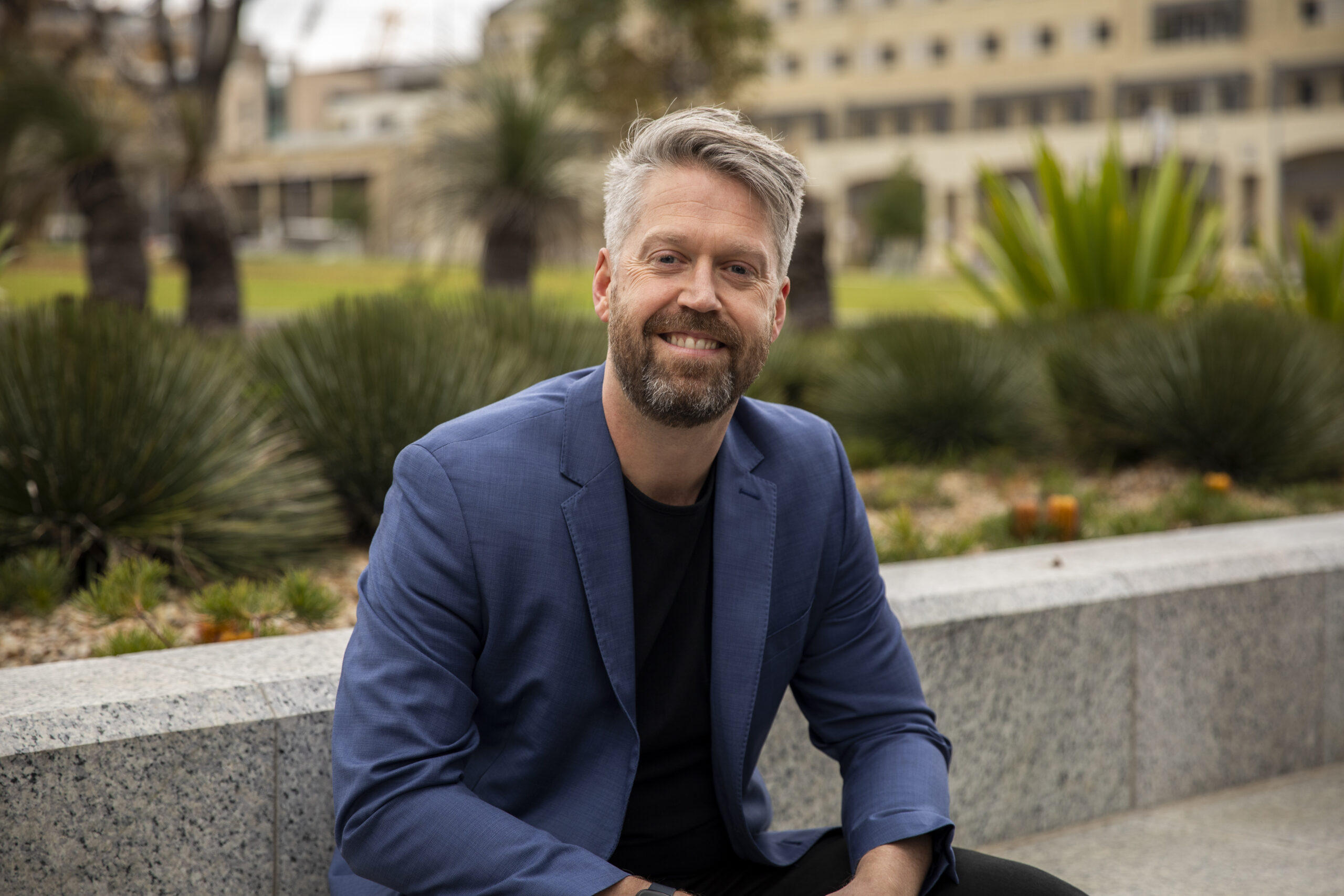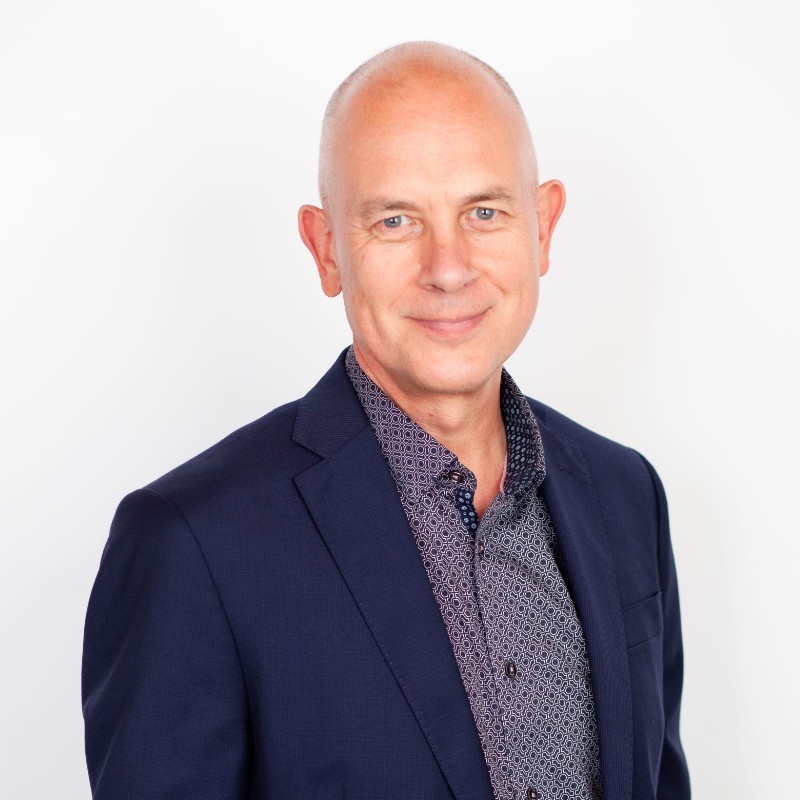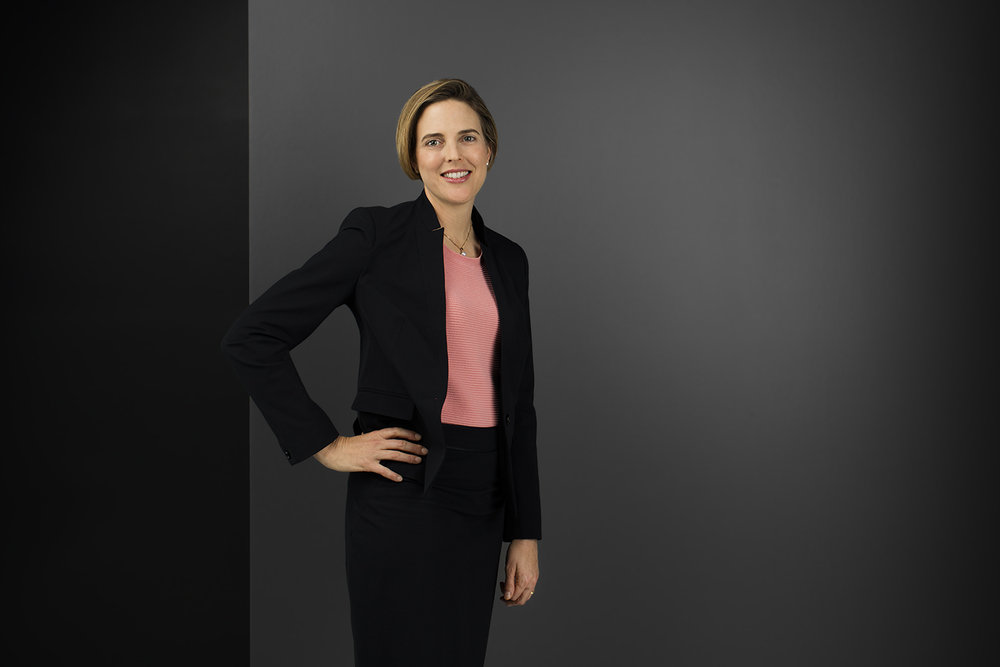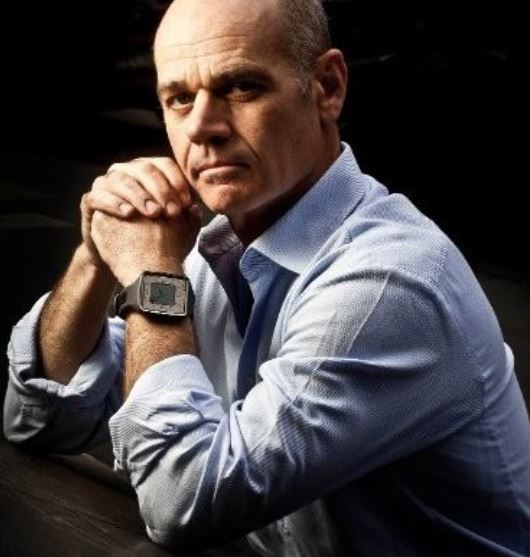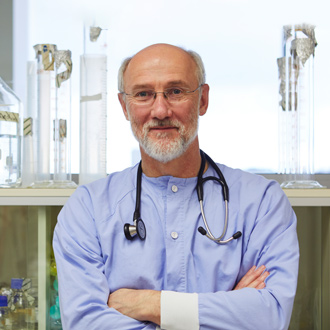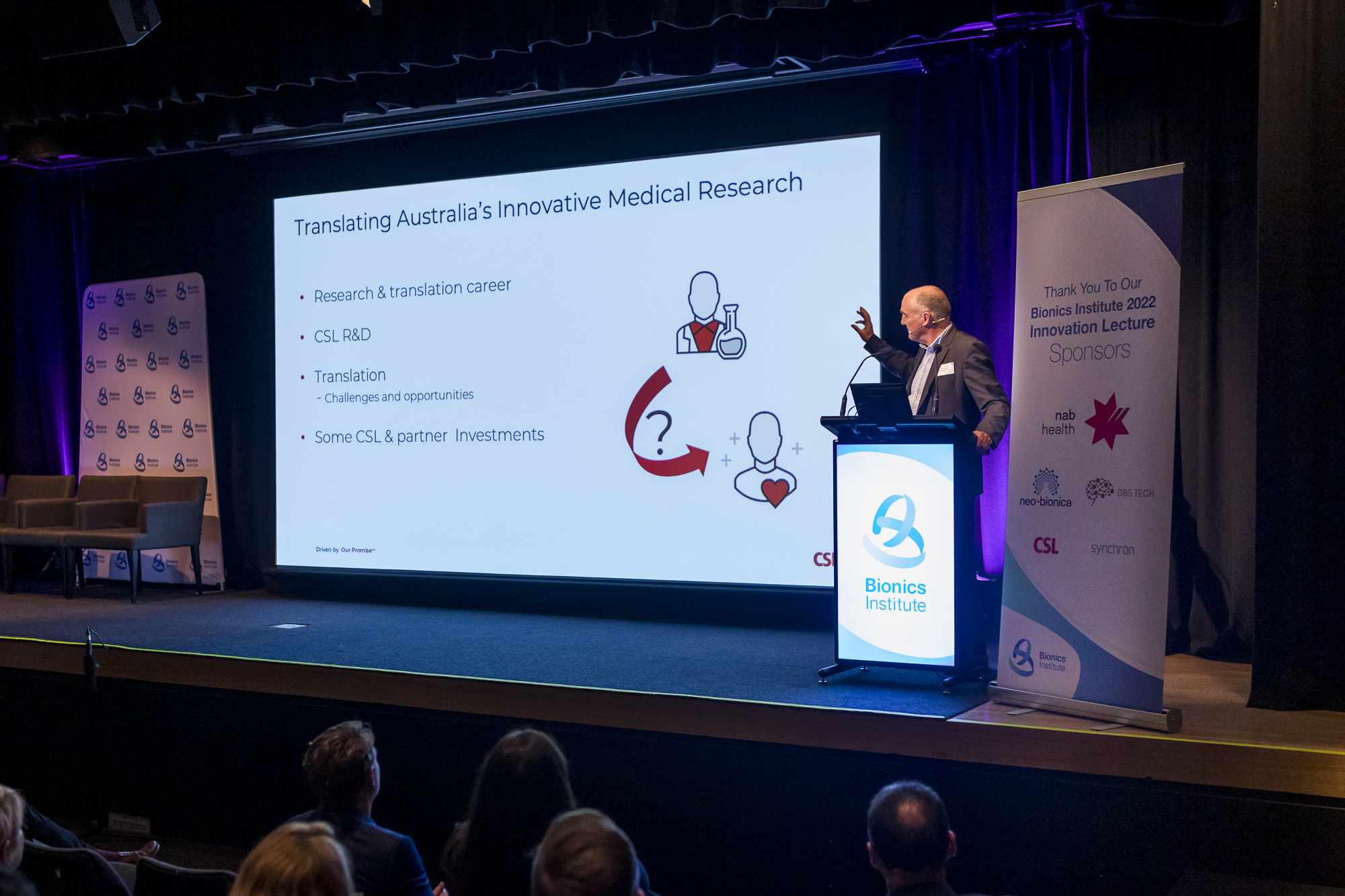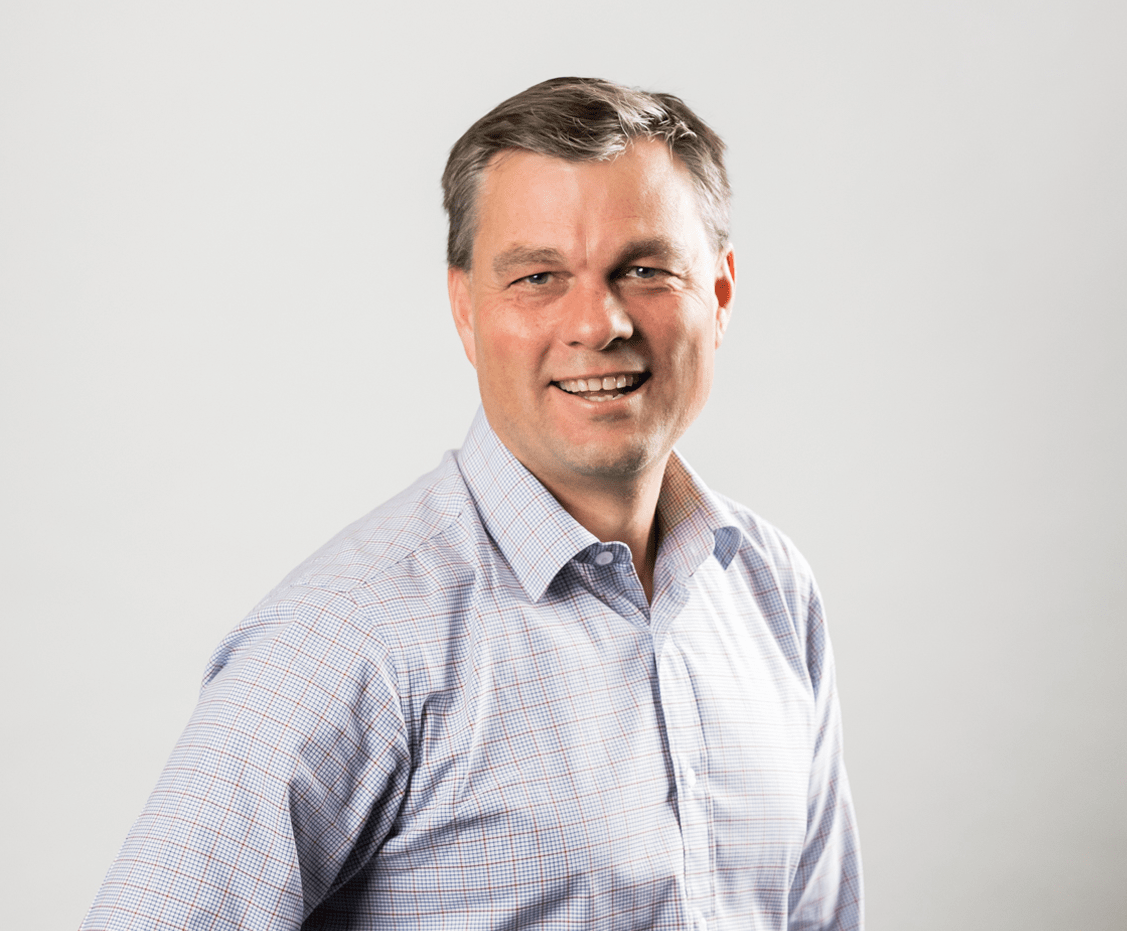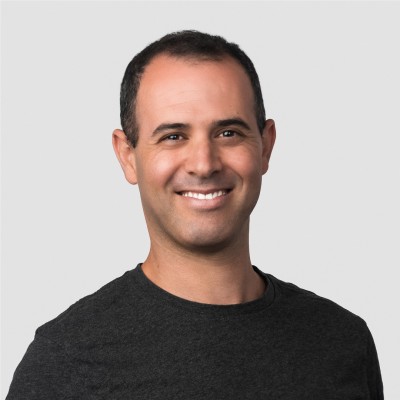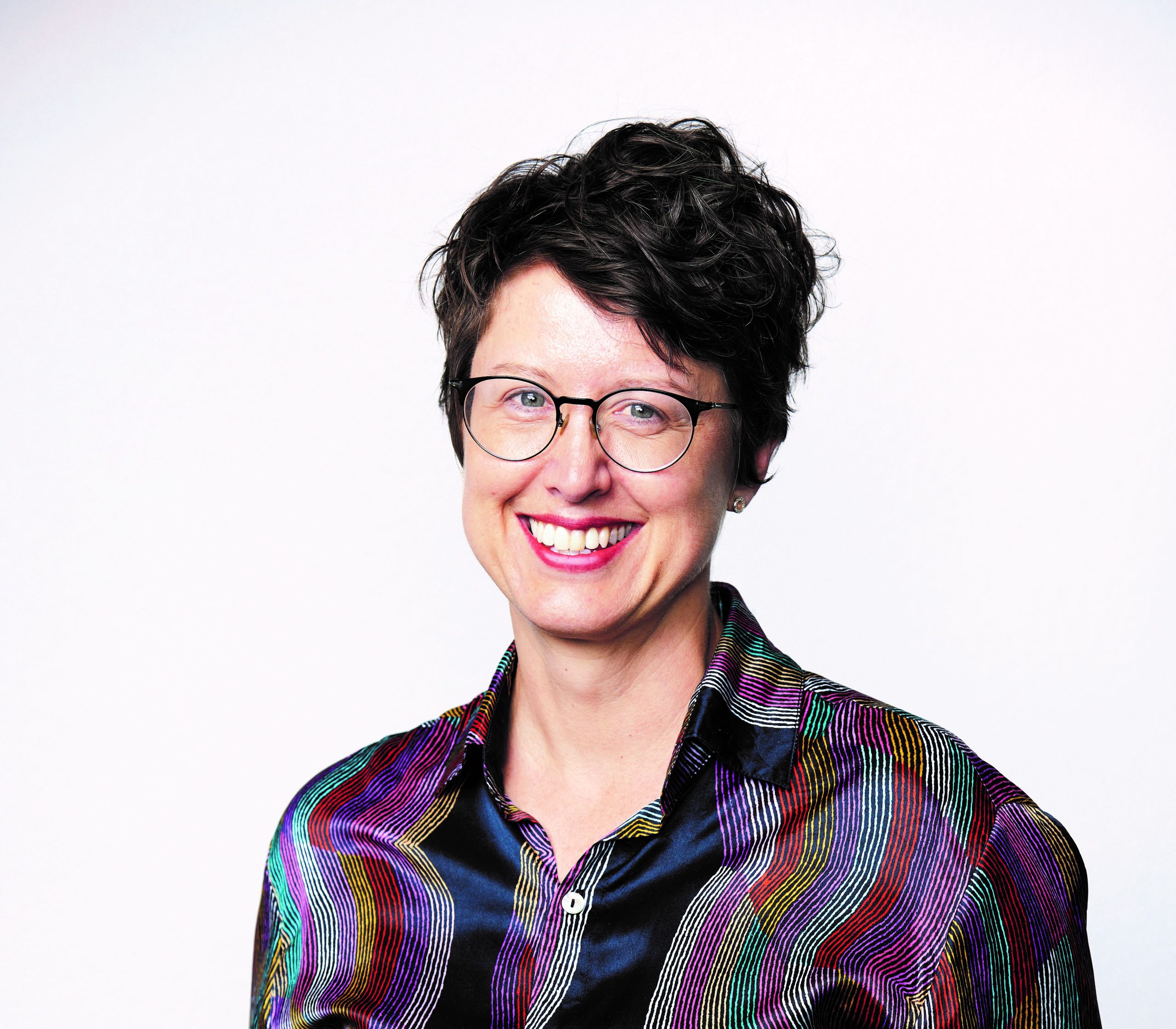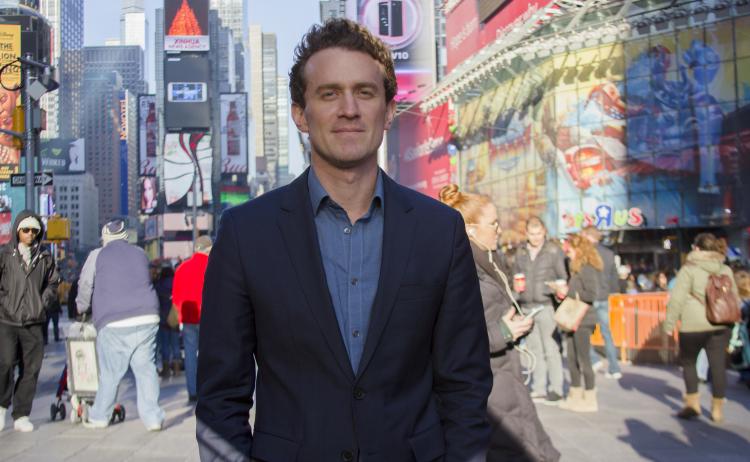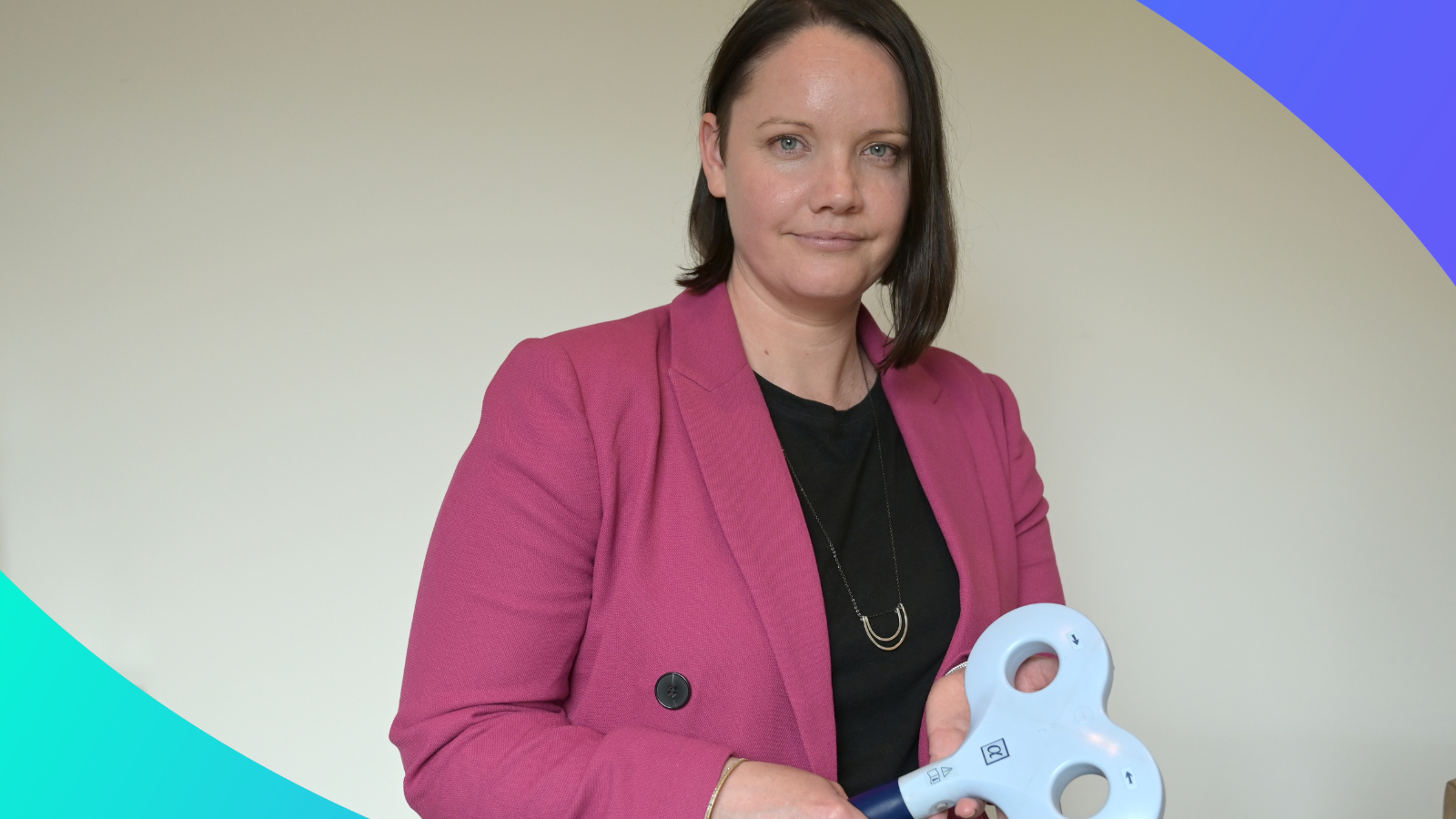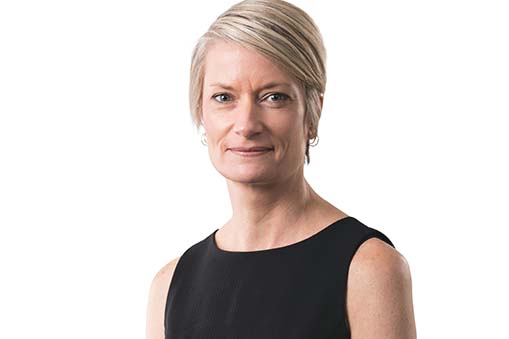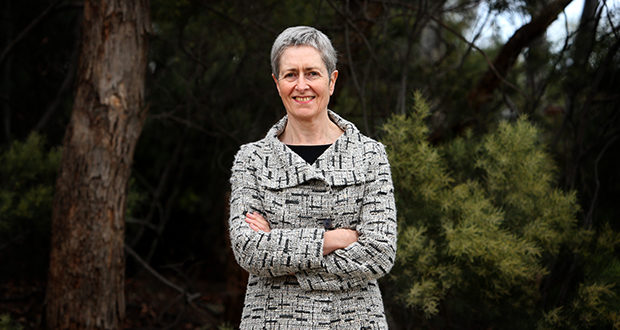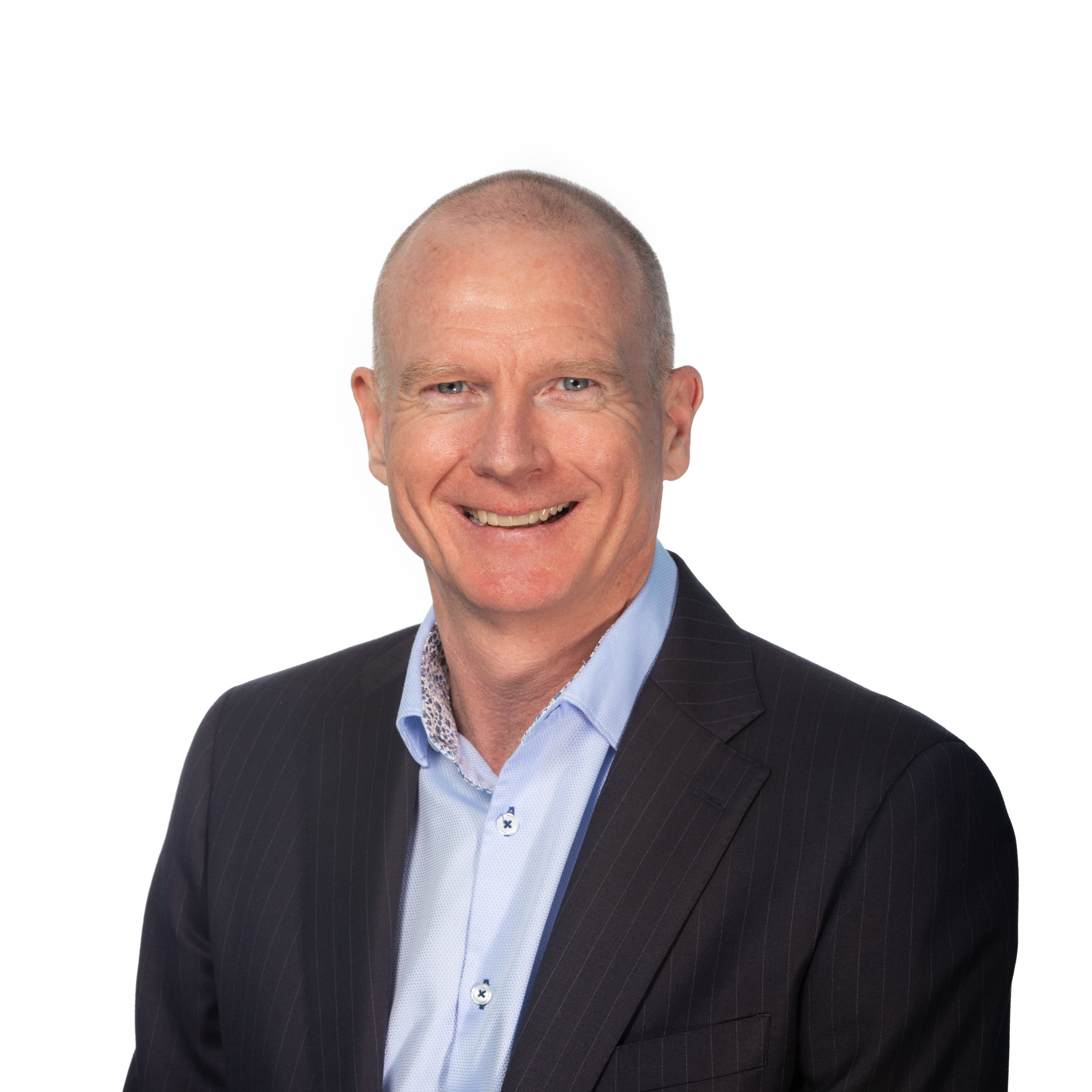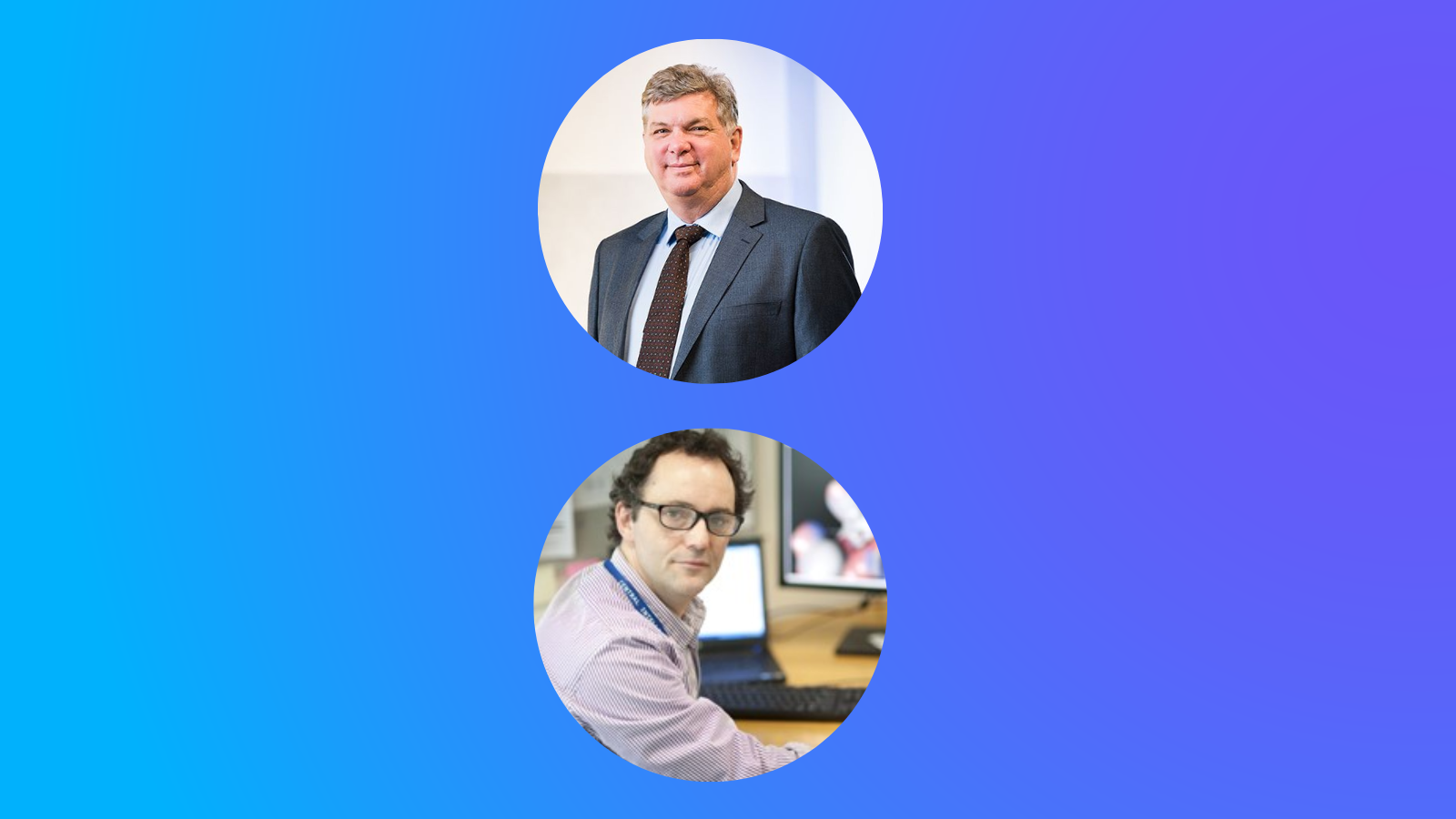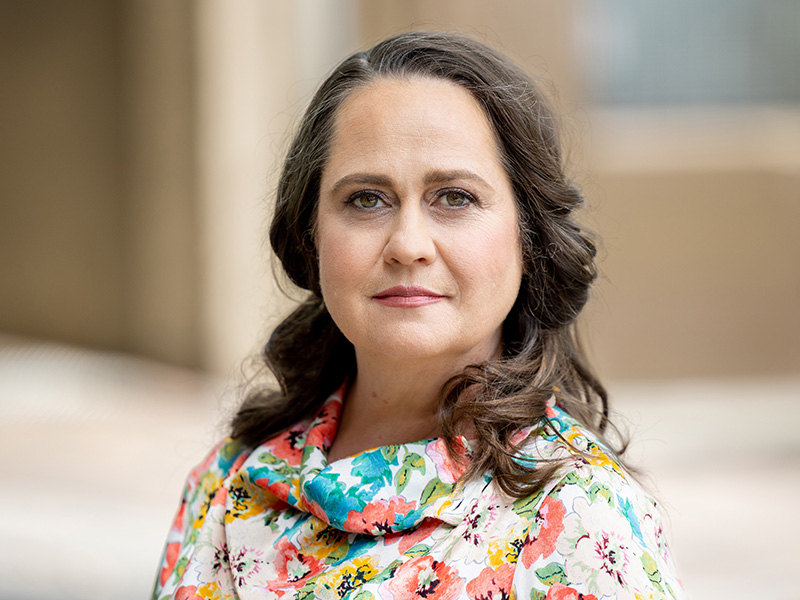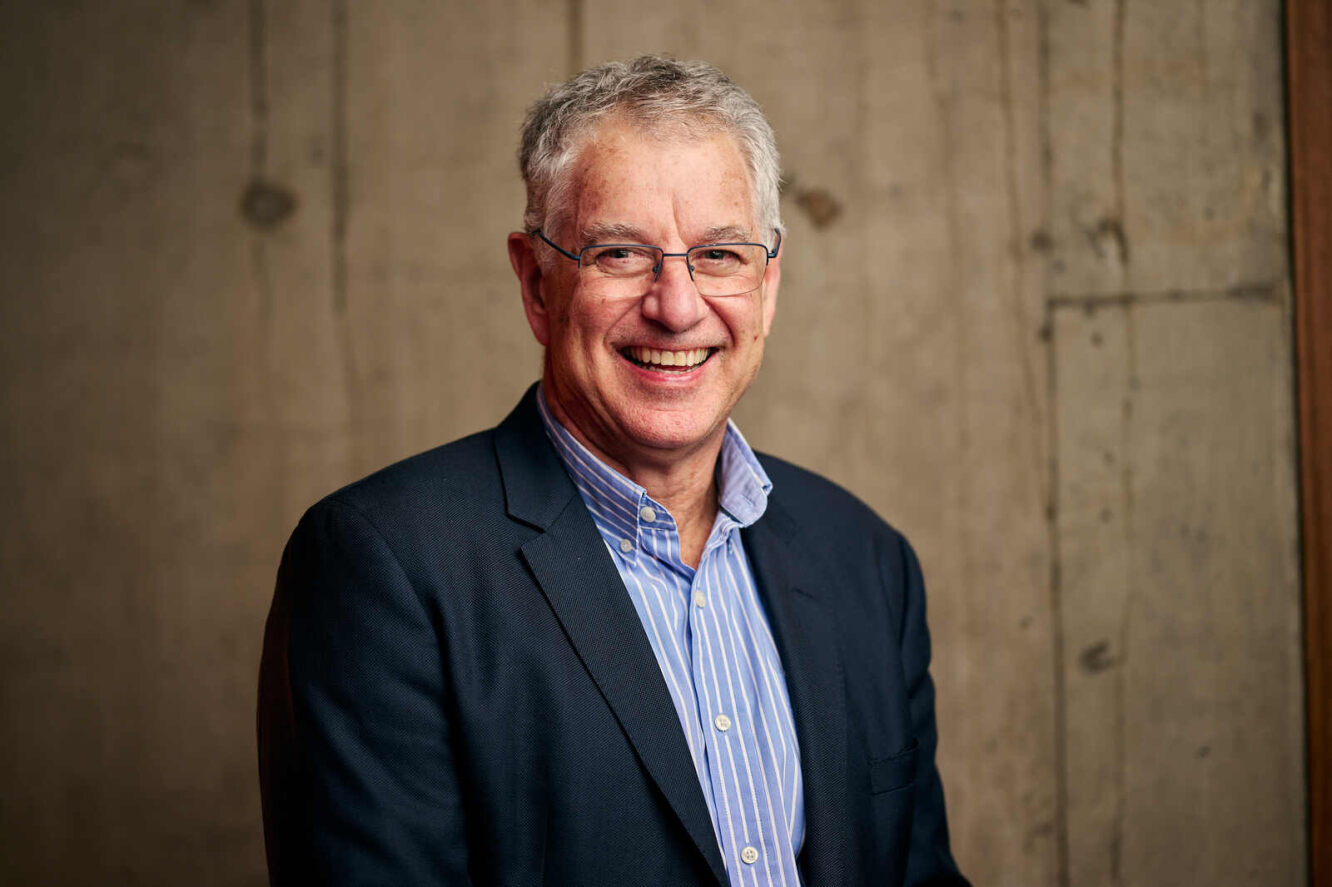Med Tech Talks
Lessons from the US med tech market with Dr Jeremy Buzzard
Jeremy also notably was a partner at McKinsey and Co., where he led the firm’s global healthcare strategy and corporate finance practice.
Jeremy is on the record as being involved in more than 25 major transactions that were executed with an aggregate value of $56Bn USD.
In this episode you will hear about:
More information:
Dr Jeremy Buzzard [00:01:06] Thank you very much, Robert. It’s a pleasure to be with you. And you’re too kind to call me a young man. I but I’m firmly in middle age now. Although when, when you and I first met, I definitely was a young man.
Robert Klupacs [00:01:19] You will always be a young man to me, Jeremy. You know that.
Dr Jeremy Buzzard [00:01:23] Thank you, sir.
Robert Klupacs [00:01:24] Let’s jump in. So, you studied molecular biology from Monash University. Where did your initial interest in sciences and in healthcare come from?
Dr Jeremy Buzzard [00:01:35] So, it’s funny, I tell people that that I’m the black sheep of the family. I come from a long line of medical doctors, some of whom have been quite illustrious. And my mother was an English literature teacher. Now, I only read airport fiction. I’m not good at classical English literature. And I decided to become a scientist rather than become a medical doctor. But in terms of where the where the interest came from, look, I’ve always been I’ve always been a tinkerer. I’ve always liked to work out how stuff works. My dad used to joke that he had he had an insight into me becoming a scientist when I was young, it was a hot iron sitting on the ironing board. And I was about four years old and I touched it. I burnt my finger. I touched it with another finger, that finger as well, and touched it with a third finger. And he said, that’s because, you know, in science there’s no statistical significance until it is greater than three. But I had I had a series of wonderful teachers, wonderful and inspirational teachers at school in particular in chemistry and physics. And that that got me very interested in the sciences. And I actually only really got interested in biology when I when I came to university. And part of my interest in biology is actually just the systems are so immensely complex. And so the deeper you get into particularly how cellular and molecular biology work, the more exciting it is. And the other thing about biology is you have the opportunity to touch people’s lives directly through innovative medicines and the opportunity to actually translate science into stuff that makes a big difference to people and to patients is really compelling and has been something that it’s been sort of a touchstone, a driving force of my entire career.
Robert Klupacs [00:03:23] You work with me in Singapore and then you went to the United States as initially as a post-doc, and then you jumped into McKinsey and you subsequently became a partner. You’re still in the States today. But what was the impetus initially to leave Australia, to go to Singapore and then from Singapore, other being having this wonderful post-doc at Harvard, he then jumped ship again into the harsh world of commercialisation, depending on your point of view.
Dr Jeremy Buzzard [00:03:48] McKinsey Yeah, it’s interesting, and I don’t think I’ve even ever told you this story, but of course, I knew you back when I was a Ph.D. student, and you gave me my first job at ES Cell. But as I think, you know, it’s pretty difficult, particularly in Australia, for PhD graduates to go overseas to do their postdocs. And we used to joke in Melbourne that you get your Ph.D. and then you need to get your BTA. Now, I actually took a slightly different path than that by going and joining you guys. And the thing that I hadn’t told you is around the time I was finishing up my Ph.D., I met a girl and she’s now my wife. So that worked out well. But our relationship was so early that it felt it felt like a bad idea to say at that point, Hey, we’ve been dating for three months. Would you like to move halfway around the world with me for five years so I can do a post doc? And instead, I joined you guys at ES Cell. We had we started in Melbourne before going to going to Singapore that that’s why I took that path. But then said, Girl, he was still not my wife. Jen got an offer to go to business school, to go to Harvard Business School to get her MBA. So I essentially chased her to Boston and did a short postdoc there. One of the things that that was wonderful about my postdoc was I was surrounded by really the best of the best scientists. And I did love that. But I also felt like I was I just programmed slightly differently. I was much more interested in how to translate science into meaningful impact for patients. And I was very interested in business. The path to consulting firms like McKinsey, as is actually like from science to consulting firms like McKinsey, is actually quite well-trodden in the United States. So it actually felt like a really natural transition. That’s how I ended up at the start of my business career in the United States. The other thing is, so when Jen and I first moved over here was directly coming to the US for two years so Jen could do her MBA. And then we I started at McKinsey and I said, “I’m really loving this here. I don’t want to move to another country. I don’t want to move to Australia yet”. So we said, “let’s stay for another two years.” And that took two years, has now turned into almost 20. It was 24, but after I first moved over here.
Robert Klupacs [00:06:15] It’s amazing what happens, Jeremy.
Dr Jeremy Buzzard [00:06:16] It is indeed.
Robert Klupacs [00:06:20] I wanted to touch on your time at McKinsey in particular, where you came in and then unusually you made partner because a lot of people come to McKinsey and navigate to that level. And you were a partner for 12 years. You’re on the record as being involved in more than 25 major transactions that were executed with an aggregate value, check this out a $56 billion USD at the time of McKinsey. What was your role there, what you learned about yourself, what you learned about business, and more importantly for our listeners, what you learned about Med Tech in your role and time there?
Dr Jeremy Buzzard [00:06:53] Absolutely. So I will say it, it took me six, six quite difficult years to make partner, but difficult just in terms of the intensity of work as opposed to as opposed to difficult environment. So my role at McKinsey, I what most people who joined McKinsey as associates join as what we call it, generalists. But typically people would come with a background such as my obviously deep scientific background with a with a focus on healthcare. Typically there’s a lot of pull for people with my sort of background to serve Med Tech, pharmaceutical, biopharma, biotech clients, and to bring a lot of that scientific thinking and terminology into the way that we serve clients. So I served clients across the spectrum of healthcare manufacturing as well as private equity clients that were looking at investing in healthcare companies. But there were a couple of things really particularly came into play. I very early on in my time at McKinsey, I worked on a number of big transactions. In fact, the first three engagements I did at McKinsey’s are probably, let’s call it the first six or seven months will be given, like multibillion dollar M&A. Some of them were executed well, one of them was executed, the other two were not executed. But what I found when we were doing diligence into those emails and what I was typically doing and what I did a lot over my career, there was helping our clients dig in and under and strategically the value of the acquisitions they were going to make. So was a little bit of kind of crystal ball gazing, but that really bringing facts and analysis create the thesis for why a deal should be done or why a deal should not be done. Now, for me it was fantastic for the ability to dig super deep, super quickly into topics and work out like what are the things that are really going to make the difference between value creation and value destruction. It was like speed. I absolutely loved it. And so I I’d say over my time at McKinsey, probably about a third of the work that I did was M&A related, either M&A diligence or integration of the deals. The other two thirds was primarily corporate strategy, but a little bit of operations, a little bit of business unit strategy, stuff like that. And as you grow up in your time at a firm like McKinsey, you develop longer term relationships with clients. I mean, I had a small handful of clients that I said consistently over and over years where I was really the trusted advisor or my teams were a trusted or trusted advisor to these clients on some of the most important, strategically important topics that they ever faced. And I absolutely loved it. I absolutely loved it. It was a remarkable, remarkable environment. I suppose the other thing to say. It’s interesting you talk about jumping into the, I can’t remember the term use, but like the big bad world of business or something like that, I when I joined McKinsey, I actually expected to find a place with very sharp elbows, and it was actually quite the opposite. I was amazed the people around me were just so invested in supporting me, helping me stretch, helping me learn, helping me grow. Felt like just like a family. It was a remarkable environment and something that I’m hoping to create and some of the things that that I’m doing right now. But that’s what caused me to stay for 12 years rather than just the two that I thought I was going to start off with.
Robert Klupacs [00:10:35] Watching your career from back here, it’s been, you know, and knowing that I was there when you started your life in this industry, I have a small amount of pride by a very little to do with it. So, you know that you’ve made a big impression back here. And I think, you know, we’re very proud of you, but there’s a lot more to get into about what you’ve done subsequently to McKinsey. I know you and you’ve co-founded with a partner, a company called Induction Bio. I learnt a little bit about it for the podcast and it seems like fascinating that for our listeners, could you touch on what Induction Bio actually does, what your mission is? And I mean, the big question for my listeners, when you take us through it, is there going to be a link between Induction Bio and perhaps what’s happening back here in Australia in the med tech sector?
Dr Jeremy Buzzard [00:11:20] That’s an interesting question. I’m going to come back to that to the second part of that question in a second. But let me tell you, I’ll tell you a little bit about the origin story of Induction Bio. So I met Katelin Roberts, my co-founder, through kind of secured a set of people that that we’ve met here in in Utah, and we realised fairly quickly that we get on very well. We became very good friends. We were both actually kind of on different routes and after a while a series of months of just kind of bouncing around each other and thinking, okay, is there some way we could work together? We said, Yeah, actually we really want to work together, so let’s work out what we can do. So we basically formed a partnership first and then had to decide what it actually meant. But really the thesis behind InductionBio is that, here in Utah and actually to some extent it’s similar to the Melbourne environment that I left 20 years ago. I know that environment has grown up significantly since then and you are a not insignificant part of helping that environment grow up. But here in Utah there is a tremendous swathe of young, innovative scientists and academics in the new academic institutions, lots of great clinicians, and in fact. One of the largest hospital in back two of the largest hospital networks in the US is headquartered here in Salt Lake City. So this in terms of basic innovation and clinical science, is that there’s a great environment. We’ve also we’re lucky enough to live in this beautiful state and a lot of people who have been very successful in their med tech and biotech careers elsewhere in the US and elsewhere in the world have sort of semi-retired here in Utah. Those folks can be angel investors, they can be board members, but many of those folks don’t want to actually roll up their sleeves and run stuff. What we think the scarce resource here in Utah is the experienced management talent. And so Caitlyn and I said, look, we’ve got complementary skill sets. There’s a bunch of stuff that that she does way better than I can. I’m quite good on the science and strategy, etc. We said, “Why don’t we form this entity to help try to give birth to multiple companies?” So we’re building a portfolio of businesses and the idea is I give birth to multiple new businesses over time, rinse and repeat. And then people always ask us to say, okay, “so are you a fund? Like are you funding these things?” We are explicitly not a fund. We might fund a little bit just out of our pockets, but we’re mostly going to be attracting external capital. I mean, they say, “Well, are you an incubator?” We said, “technically we are”, but incubator can be a dirty word because often it means providing sort of back office support, whereas we’re wanting to run these businesses, build the strategy, assemble the teams, raise the capital, bring in new management and give birth, give birth to multiple, multiple businesses over time. So that’s really the thesis behind it. And we have a few things that are more advanced than a few things that are earlier in the hopper. And then I suppose the other thing to say is, and I really had three touchstones behind this, and then I think all of these should resonate with you. So, one is we want to work with great people to is we want to do stuff that matters, that matters to patients and that matters to the community, like build businesses that make a difference, make a positive difference in the world. And number three, have fun doing it. Those are our touchstones that we continually come back to.”
Robert Klupacs [00:15:14] Fantastic. Really interesting model, really interesting models. And just a last question that I asked there is I know you’ve really focussed, obviously you’ve focussed on Utah. Those what you’re talking about is something that there’s not many people doing in Australia and we’ve got a very similar type of med tech talent, great clinicians and you have natural links back. I know you’ve got to focus your business where you are, but is there any chance that we can sort of get a template of your model here and you could put it together?
Dr Jeremy Buzzard [00:15:45] Yeah. So I don’t know, I’d say in the in the short term, we need to work this out here. I spent enough of my career being on planes very, very often. And I before this podcast started, we were talking about family and how there are not that many more years left before my kids are going to want to leave home. So. So I think both Caitlin and I want to minimise the amount of travel. So we’ll focus on setting this up here in Utah and testing it here in Utah. But it’s actually an intriguing thought, saying, okay, how could we scale that elsewhere? And what if I hadn’t? I haven’t actually thought about it specifically about Melbourne, but it would absolutely make sense. I could absolutely imagine a world if what we do is as successful as we both aspire to. I could absolutely imagine a world where we roll this business out into other parts of the world, other geographies where there’s a similar need for experienced, experienced management talent. And we whilst our partnership right now is just the two of us, we absolutely anticipate at the time to bring on multiple new partners. That’s at least our aspiration.
Robert Klupacs [00:17:02] Yeah, I mean clearly you’re going to do what you have to do and not asking to do anything you wouldn’t want to do. But it was interesting because last week we also did a podcast with Dr. Emma Ball, who’s running Start-ups for Illumina across. Yep, Asia and Australia and elsewhere, and they have them not dissimilar model and she does not dissimilar all of that, but with the power of Illumina behind her and very much focussed in genomics. But what should they identify and what you seem to have identified, it’s there’s all this talent that it’s there but it just needs to be brought together the right way with the right people, with the right linkages to be successful. And that’s it sounds easy, but clearly you’ve hit on something which I think in this series we’ve seen a lot of people saying the same thing. It’s bringing people together and giving them the guidance about what not to do to save them time and money. And sometimes it’s all about networking and just having someone say it’s possible to possibly get done.
Dr Jeremy Buzzard [00:17:55] Yeah, yeah, I agree. And look, I as you know, I know Emma Ball very well. Well, I haven’t chatted with her for a couple of years, but what Illumina Ventures has done a spectacular job of incubating new businesses and I know they started doing that just they were primarily based here in the United States, but clearly that model has worked very well for them. And so Emma, I think is a big part of them expanding that model more, more globally. But I’m excited that you’re hearing the same messages from multiple people. And I’m excited for the state of innovation globally for more and more people to be trying to do a similar sort of thing that we’re trying to do it Induction.
Robert Klupacs [00:18:42] And maybe that’s a segue while my next question. You spent about 20 years of your life in the States and 20 years of your life in Australia. So and you’ve seen med tech Systems in our early stages when we worked together in Melbourne, in Singapore, and now you’ve spent that time in the United States. What do you feel, Well, I always ask these questions of us based people looking back at Australia. I mean, what’s the difference between Australia and the United States, particularly in early stage innovation and then converting early stage innovation into something that’s going to have an impact on patients? Because, you know, we talk in this whole series to a lot of people. We know we’ve got great discovery here in this country, great talent, but for whatever reason, we don’t always succeed in bringing that to market. So we really need your views as someone who’s lived in both parts of the world.
Dr Jeremy Buzzard [00:19:31] So I’d say there’s one big difference is in and this is actually pretty stark, so I should step back a little bit. My, my exposure to the Australian environment is like 20 years out of date, as you know. But, but even kind of noticing from afar, one stark difference is just the culture around innovation. And I think you touched on one important part of it, which is great discovery. I think there’s there have been not enough shots on goal for kind of development and commercialisation to make the Australian environments feel mature. But I suppose another thing that is quite stark. I think there’s a kind of a cultural fear of failure in Australia that is somewhat destructive to the for the medtech environment. Certainly this is the case 20 years ago, and I think it still is. There are too many. Too many businesses that are essentially walking dead. Just kind of stringing along that is still get some grant funding here or there. But really, if you take a step back and say it’s not worth investing in that invested time or money in that because the probability of success is too low, you should cut your losses and build the next thing. And here in the United States, that’s essentially seen as a as a, well, an important element of kind of qualifying you as a successful entrepreneur. Basically need to have that if you think. And I think a lot of people take the motto of like fail fast, fail often take multiple shots on goal. I just think there’s there is a big cultural difference in that mindset between Australia and the United States, although I do get the impression that it’s improving in Australia. I suppose the other thing the other thing to say here is there’s kind of a sense of hustle in the in the US medtech environment, like people are willing to take very big bets and move really, really quickly. And obviously the most recent fantastic example of that, which was really public private partnership was Operation Warp Speed that actually President Trump, a former colleague of mine in charge of when COVID emerged, the fact that three companies were able to go from essentially DNA sequence to COVID through to vaccines on the market within a matter of months is just incredible that that that mindset of move start kind of make it happen quickly is just a wonderful thing here. And I think that’s different from a lot of other geographies. And I think that I think it’s somewhat different from Australia or at least the aggressiveness of it is different from a lot of other countries.
Robert Klupacs [00:22:30] As I said before, you’ve got McKinsey, you’re now running induction by AI, but you also, as we’ve discovered, have become CEO in recent times of a company called, which is hard to say, this one, Enteralia biosciences, and I suspect there’s a reason for the name. What is it you do and what lessons have you learned as being the CEO of a company as opposed to being a consultant to a big company?
Dr Jeremy Buzzard [00:22:54] There probably is a reason why it’s called Enteralia, but it was not that it was called Enteraliaalia, before I before I joined and an Enteralia. And really it really does fold out underneath the underneath InductionBio. Essentially the first project that Caitlyn and I are working on together. But really the origin story of it really is started with some colleagues in Europe who were wanting to build and develop two novel biopharmaceutical drugs. So this one’s a biopharmaceutical drug, one’s a more traditional pharmaceutical drug that they had licensed out of two different academic institutions. They set up of the European side of the business and for a variety of reasons, the way these these products need to be developed in the United States is quite different from the way they’re developed in in Europe. And so they were essentially seeking a team to be able to do the sale. It was not just North American run, the North American side of the business and that that’s how Enteralia, emerged. So the products we have one is it’s a novel nanoparticle in formulation which is used to treat iron deficiency anaemia and as you may know, iron deficiency anaemia is the most common nutritional disorder in the world. It affects something of the order of 20% of people globally and the first line treatment for anaemia is oral supplement. So the way those oral supplements are absorbed is actually quite different from the way that that natural dietary individual. But what this nanoparticle formulation does is it very mimics expression, which is the more common natural dietary iron form. So it means that you get far fewer of the toxicities and tolerability problems that are associated with older school with existing oral formulations. Now that that product is called Ihat that’s actually approved in Canada or approved in in Europe. Not yet launch, but we will launch soon. And then we’re raising money at the moment to be able to begin the clinical development for it here in the US because we’ll need to go through a traditional drug pathway in the US. And so the nature of the clinical data required is different. So that’s drug number one. Drug number two is a novel oral biopharmaceutical for coeliac disease and non-celiac gluten intolerance. Gluten sensitivity that is preclinical that will be going first in human for that product hopefully within the next three months. Again, that’s also raising some money in terms of what I’ve learnt, that’s different from as being a CEO as opposed to advising. I suppose it’s an interesting question because we are a relatively small company at the moment. And right now the vast majority of my work for that company is around raising capital. But that will obviously change a little bit over time. But. Probably the biggest in stock is difference. And frankly, in the end, the main reason I started the timing leaving McKinsey is when you’re actually running the company, you have ownership. The buck stops with you. Whereas if you’re an advisor, you can influence people to do stuff. But in the end, the buck stops with your client. You’re just somebody trying to shepherd them in the right direction. So the concept of ownership, like running something yourself, is something that, that I, I became very appealed by and it was a big re for me, for me leaving McKinsey.
Robert Klupacs [00:26:49] Very busy man.
Dr Jeremy Buzzard [00:26:51] I try to be.
Robert Klupacs [00:26:52]This is the last question. We’re coming up the end of the time and I know you’ve given has been very generous, but you mentioned a couple of things there. And one of the key themes of our talk is the power of mentorship. I saw you being mentored at early career at Monash University and then you mentioned your time at McKinsey. So can you just tell us a little bit what you think makes a great mentor and what have you learnt from the people you’ve come across in your life?
Dr Jeremy Buzzard [00:27:22] I’m so humbled by the mentors I’ve had throughout my throughout my career. And it’s I mean, it’s been fortuitous just at various times. I shouldn’t even say my career because it goes back to school. Various times of my life, people have just shown up at the right time to shepherd me in the right direction, whether that’s emotionally or, as is my Ph.D. advisor John Morrison would put it, mentorship with a with a piece of TV before. But I guess to touch on touch on those. I had some great teachers at school. I had John and Nigel Raiford, my Ph.D. advisors. And then you and Nick Goff and Ellen Coleman at ES Cell, then Doug Melton at Harvard University and then at McKinsey. Way too many people, too to name. I had many amazing mentors at McKinsey. And then subsequently there’ve been a handful of a handful of others, including probably my most recent mentor, a guy named Joe Grundfest. But in terms of what makes a good mentor, it’s an interesting but difficult question. There’s, I suppose, a common theme about the the people that have been great mentors for me is their selflessness in giving their time and advice and their willingness to try hard to understand me, understand what makes me tick, and where I guess where my blindspots are both good and bad, like some of the best mentoring I’ve had. Some people that people say, Hey, you know, Jeremy, there’s something that you’re really good at and I don’t think you actually recognise it. And let me talk about some ideas on how you can actually use that more powerfully, how you can amplify your impact by building on. So those are some common themes. I’m sure there are a bunch of a bunch of other things as well. But yeah, showing up selflessness and ability to open the mentees eyes to things that they may not have been aware of.
Robert Klupacs [00:29:38] For our listeners. Jeremy’s been very humble there because he’s had great mentors, but I also know that he’s mentored many people back here and also in the United States with those features that he just spoke about. Jeremy we’ve reached the end of the podcast today, and I thank you so, so much for giving us your time, for sharing the insights into your journey, your insights into the med tech industry, and those almost controversial comments about how Australia could do innovation better. Really appreciate it. To our listeners, I hope you enjoyed listening and I look forward to introducing you to our guests in future podcasts. There are links to everything we talk about in the show notes and we look forward to welcoming you next time.
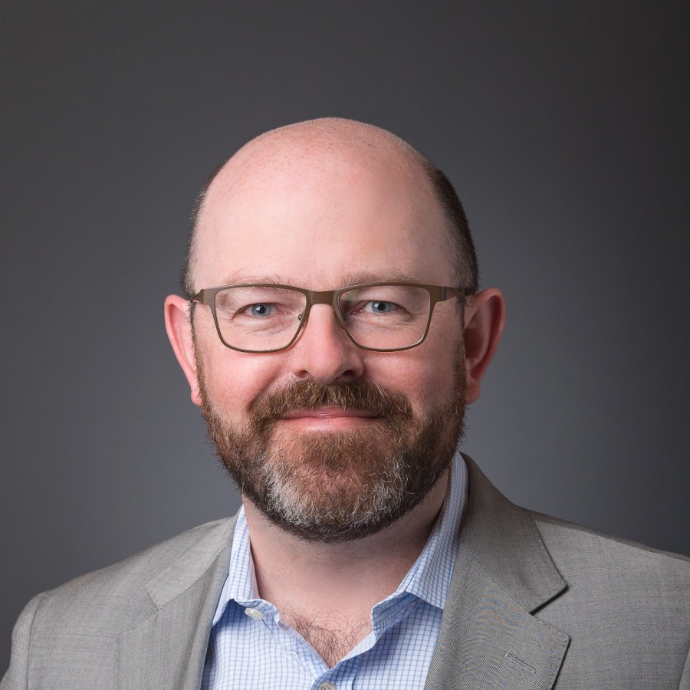
Jeremy Buzzard, Co-Founder and Partner at Induction Bio
Listen to other episodes of Med Tech Talks here

